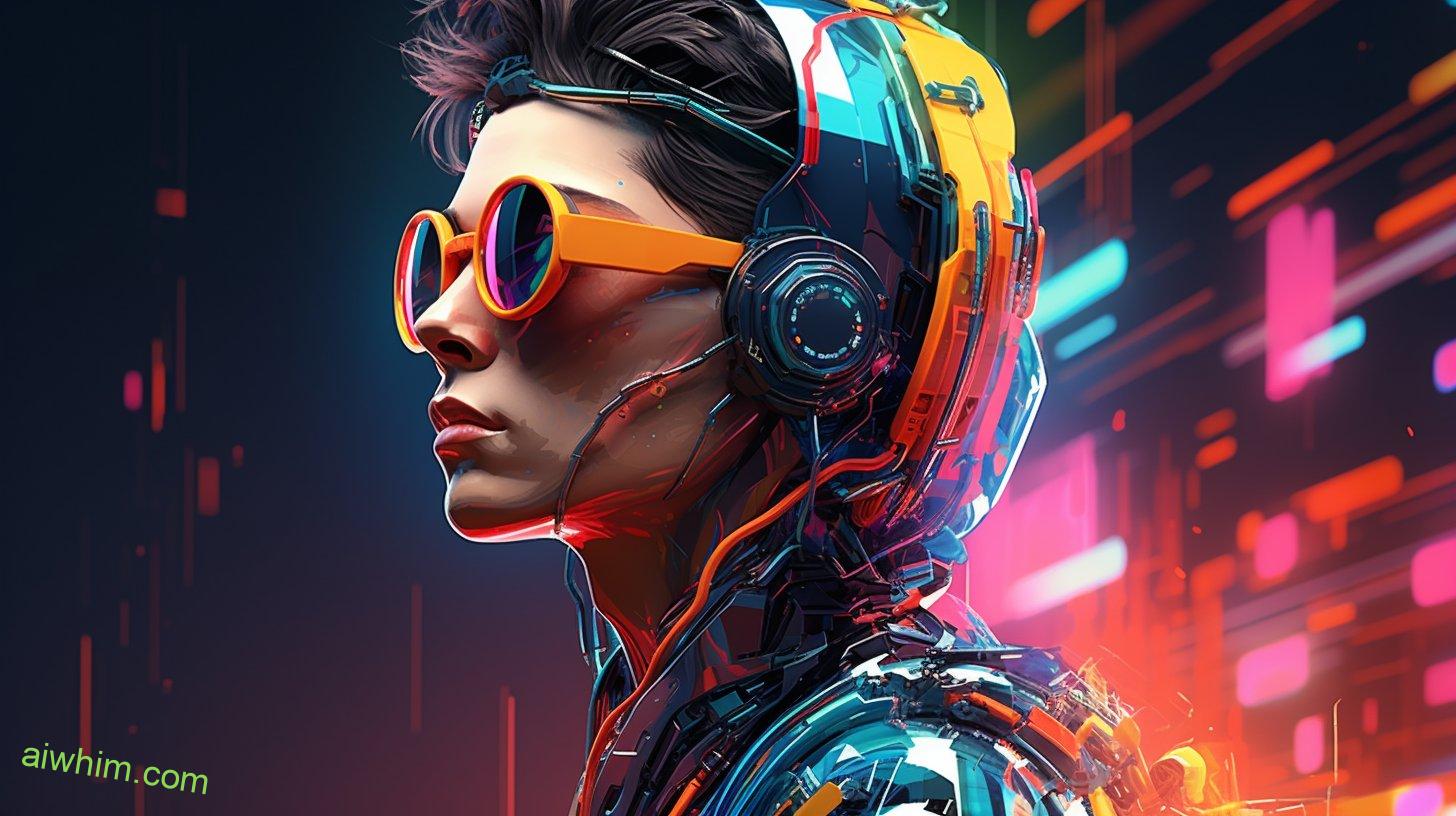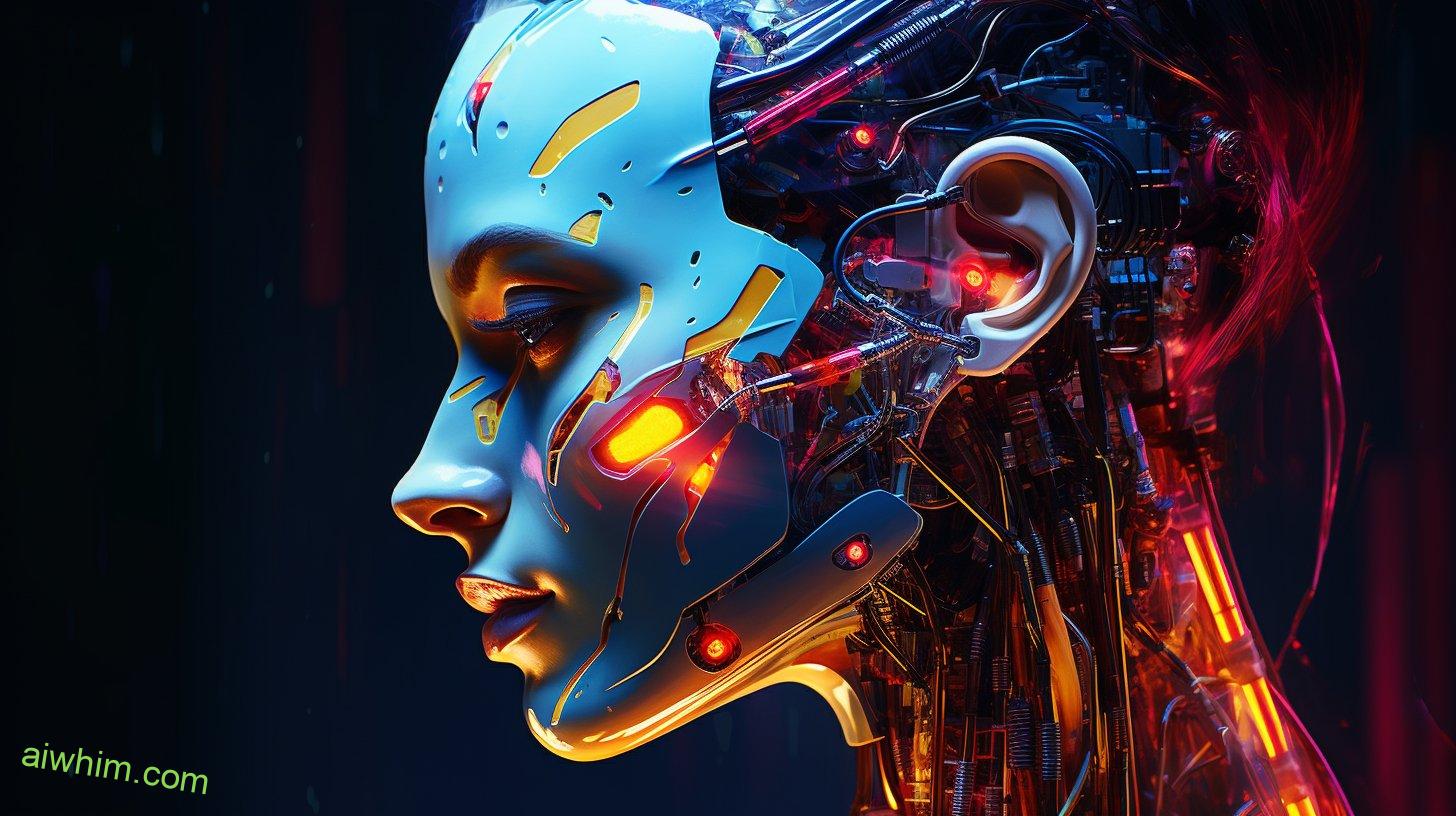Are you ready for a world where AI takes over the role of janitors? Imagine a future where robots roam the halls, cleaning and maintaining without any human intervention. The advancements in AI technology have made this scenario a possibility.
But what would it mean for the workforce? In this article, we will explore the potential impact of AI on janitorial tasks and discuss whether it could ultimately render janitors redundant.
So grab a seat and prepare to delve into the fascinating intersection of artificial intelligence and cleanliness.
Key Takeaways
- Janitors play a crucial role in maintaining cleanliness and hygiene in workplaces, and automation in janitorial tasks cannot replace human presence.
- Advancements in AI-powered cleaning technology can streamline tasks, improve efficiency, and enhance safety in the cleaning industry.
- The potential benefits of AI in the cleaning industry include cost savings, improved resource allocation, and enhanced job satisfaction.
- Ethical considerations should be taken into account when integrating AI in cleaning processes, including job security concerns, the role of human supervision, and the need for training and skill development for janitors in a technological landscape.
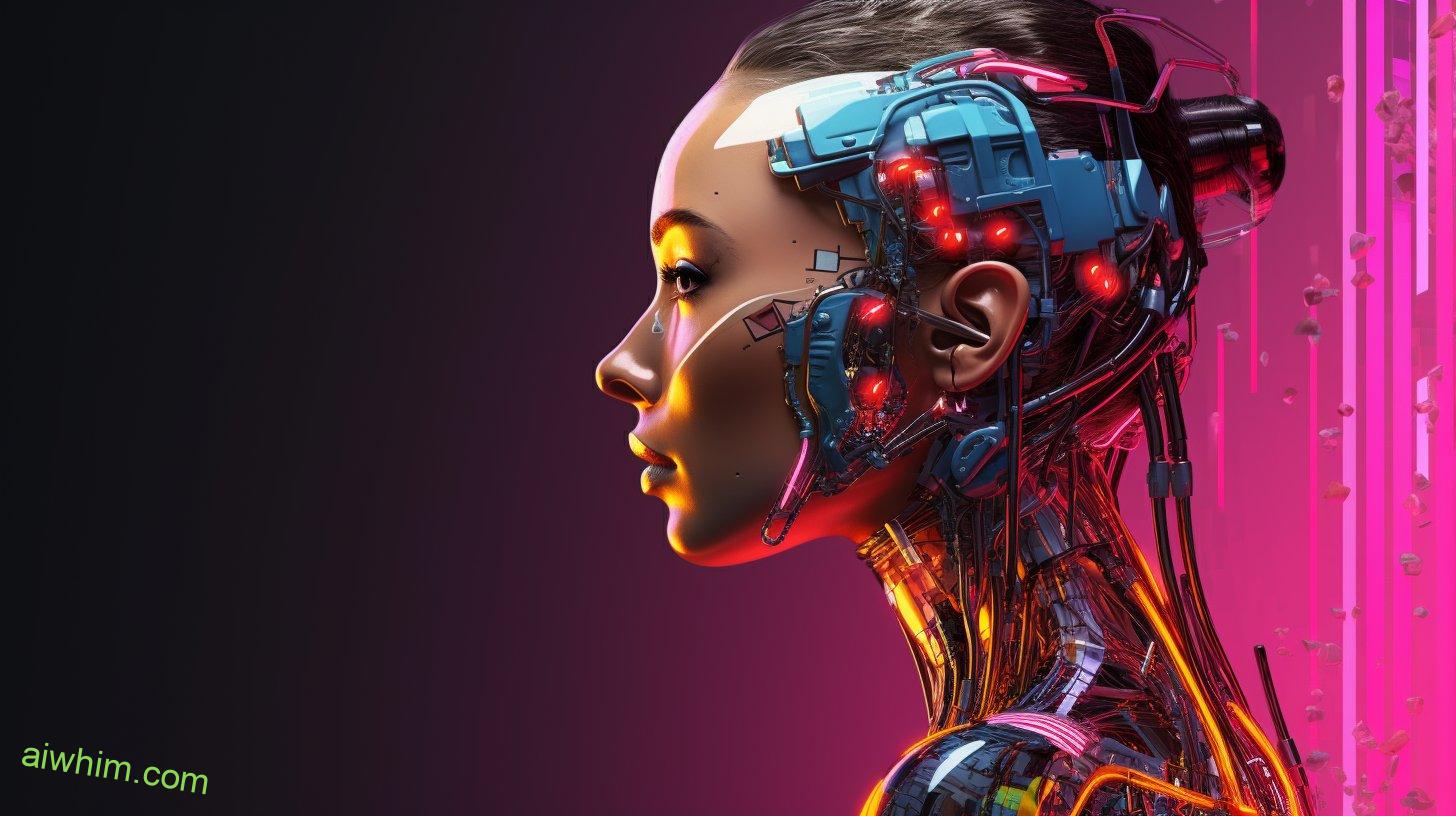
The Role of Janitors in the Workforce
Janitors play a crucial role in maintaining cleanliness and hygiene in workplaces, but could AI potentially make you redundant? As a janitor, you understand the importance of your work in creating a clean and safe environment for everyone. Your dedication to keeping things tidy is commendable, but it’s essential to consider the impact of automation on janitorial work.
Advancements in janitorial technology have brought about some changes to the industry. Automated machines can now perform tasks like vacuuming and mopping floors, cleaning windows, and even emptying trash bins. These technologies aim to streamline the cleaning process and improve efficiency. While they may reduce the amount of manual labor required, they cannot completely replace human presence.
Automation has its limitations when it comes to handling complex situations or adapting quickly to unexpected circumstances. Janitors possess problem-solving skills that are vital in addressing unique challenges that arise during their workday. They can identify areas that require special attention, handle delicate surfaces with care, and respond promptly to any spillages or accidents that occur.
Furthermore, janitors provide more than just physical cleaning; they contribute to maintaining a positive working environment by ensuring tidiness and orderliness. Their presence creates a sense of security among employees as well as visitors. Interpersonal interactions between janitors and others foster camaraderie and promote a cohesive workplace culture.
While advancements in janitorial technology may enhance efficiency and productivity within certain tasks, they cannot replicate the holistic approach provided by human janitors. So rest assured, your role will continue to be crucial in upholding cleanliness standards while bringing an invaluable personal touch to your workplace.

The Advancements of AI in Cleaning Technology
With the advancements of AI in cleaning technology, there’s a possibility that janitors may be replaced. Imagine a future where robots equipped with advanced sensors and intelligent algorithms can efficiently clean and maintain buildings without any human intervention. This automation could potentially make the role of janitors redundant.
Advancements in AI have led to the development of robotic cleaning machines that can perform tasks traditionally done by janitors. These robots are designed to navigate through spaces, identify dirt and debris, and effectively clean various surfaces. They have the ability to learn from their environment, adapt to different situations, and improve their performance over time.
Automation in cleaning technology offers several benefits. It can significantly reduce human labor, resulting in cost savings for businesses. Additionally, these robotic cleaners can work continuously without breaks or fatigue, ensuring consistent cleanliness throughout the day. Moreover, they can reach inaccessible areas and eliminate potential health risks associated with manual cleaning.
However, it’s important to consider the potential impact on jobs if janitors were replaced by AI-powered machines. While automation may streamline operations and increase efficiency for businesses, it could also lead to unemployment for many workers who rely on these jobs for their livelihoods.
In a society that values freedom and opportunities for all individuals, it becomes crucial to find ways to adapt rather than replace human workers entirely. One possible solution is reskilling programs that train displaced janitors in new roles related to maintaining and supervising automated cleaning systems.
The advancements in AI present both opportunities and challenges when it comes to the future of janitorial work. By embracing innovation while ensuring protection for workers’ rights and providing avenues for adaptation, we can strive towards a future where humans coexist harmoniously with intelligent machines in our evolving workforce.
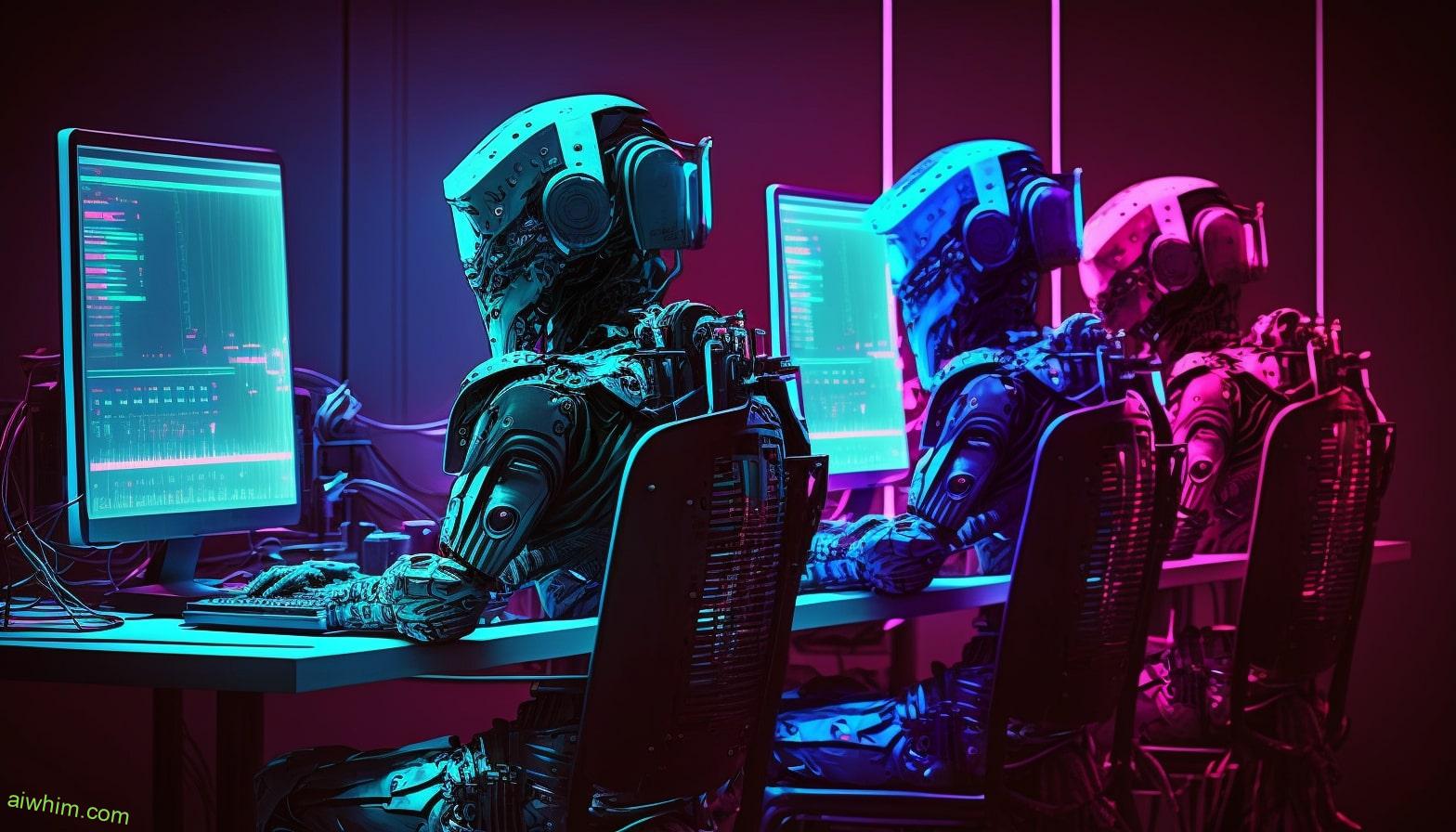
How AI Could Impact Janitorial Tasks
One potential outcome of AI advancements in cleaning technology is the automation of janitorial tasks. This has the potential to revolutionize the industry. Imagine a future where you no longer have to worry about mopping floors, emptying trash cans, or scrubbing toilets. With AI-powered cleaning robots, these mundane and time-consuming tasks can be taken care of effortlessly, leaving you with more freedom to focus on what truly matters to you.
But what does this mean for the job market? Will janitors become redundant as AI takes over their responsibilities? While it’s true that some jobs may be replaced by machines, it’s important to remember that new opportunities will also arise. As AI technology evolves, there will be a need for skilled individuals who can maintain and operate these advanced cleaning systems. By embracing these changes and acquiring the necessary skills, you can position yourself for success in this evolving industry.
Furthermore, the automation of janitorial tasks through AI has the potential for significant cost savings. Hiring and training human janitors can be expensive, not to mention dealing with factors such as sick leave and turnover rates. By utilizing AI-powered cleaning robots, businesses can reduce labor costs while maintaining high standards of cleanliness. This could translate into lower prices for consumers or increased profitability for companies.
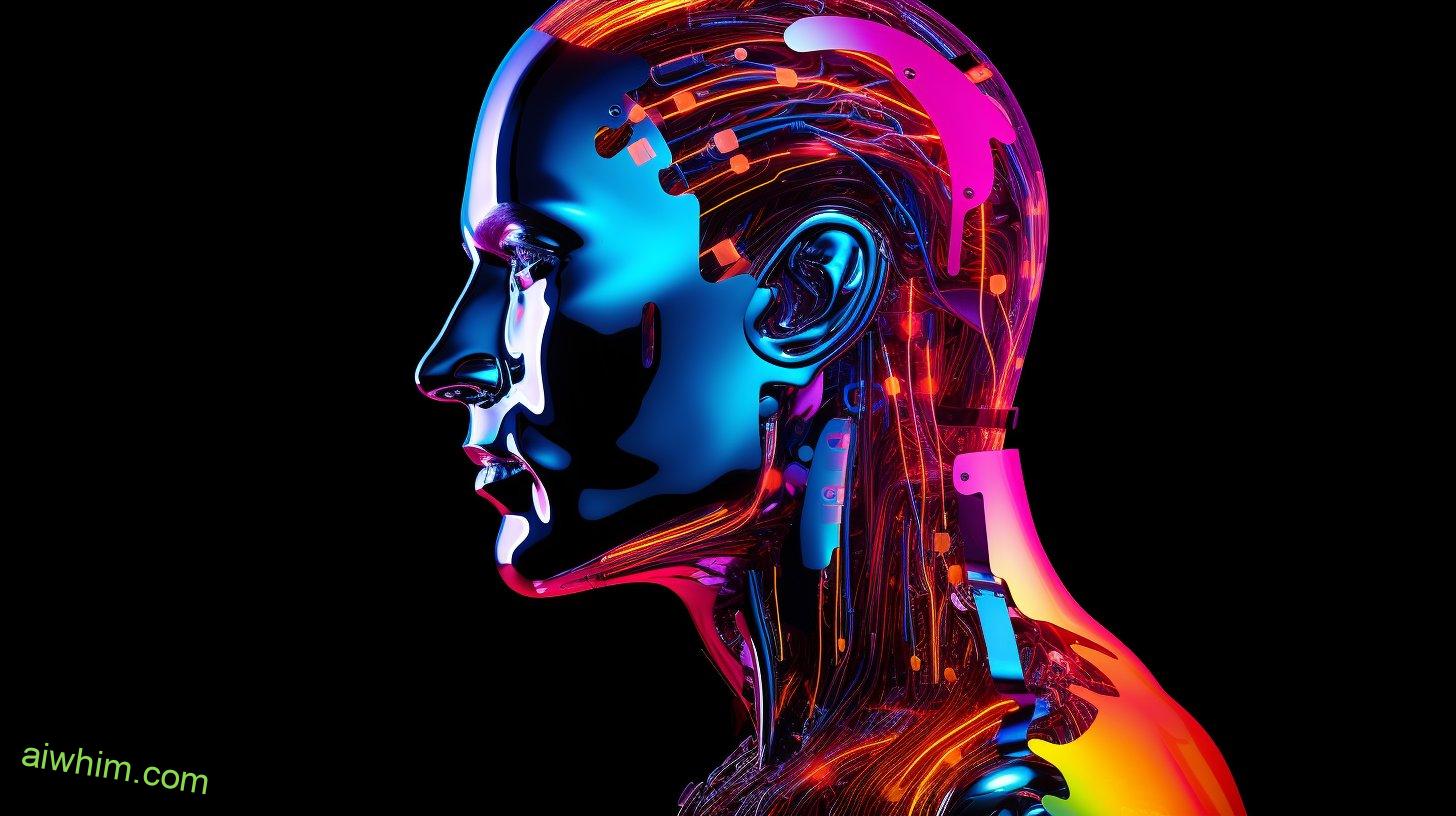
The Potential Benefits of AI in the Cleaning Industry
AI advancements in the cleaning industry have the potential to streamline tasks and create a more efficient and cost-effective approach. Imagine a world where you don’t have to spend hours scrubbing floors or wiping down surfaces. With AI applications in the cleaning industry, this could become a reality.
AI-driven cleaning solutions can revolutionize the way we clean our homes and workplaces. These technologies are designed to automate repetitive tasks, allowing you to focus on more important things in your life. Whether it’s a robotic vacuum cleaner that navigates through your home or an AI-powered window-cleaning robot that ensures streak-free windows, these innovations can save you time and energy.
One of the key benefits of AI in the cleaning industry is its ability to optimize resource usage. These intelligent systems can analyze data such as foot traffic patterns and adjust their cleaning schedules accordingly, ensuring maximum efficiency while minimizing waste. This means fewer chemicals used, less water wasted, and ultimately, a greener approach to cleaning.
Furthermore, AI-driven cleaning solutions can enhance safety by identifying potential hazards and addressing them promptly. For example, smart sensors embedded in mops or vacuums can detect spills or obstacles on the floor, preventing accidents before they happen.
In addition to efficiency and safety improvements, AI technologies also offer cost savings. By automating mundane tasks that would otherwise require human labor, businesses can reduce their operational costs significantly.
Embracing AI advancements in the cleaning industry opens up new possibilities for freedom – freedom from tedious chores, freedom from wasteful practices, and freedom from unnecessary expenses. So why not let technology take care of the dirty work while you enjoy your well-deserved leisure time? With AI-driven cleaning solutions at your disposal, a cleaner future is within reach.
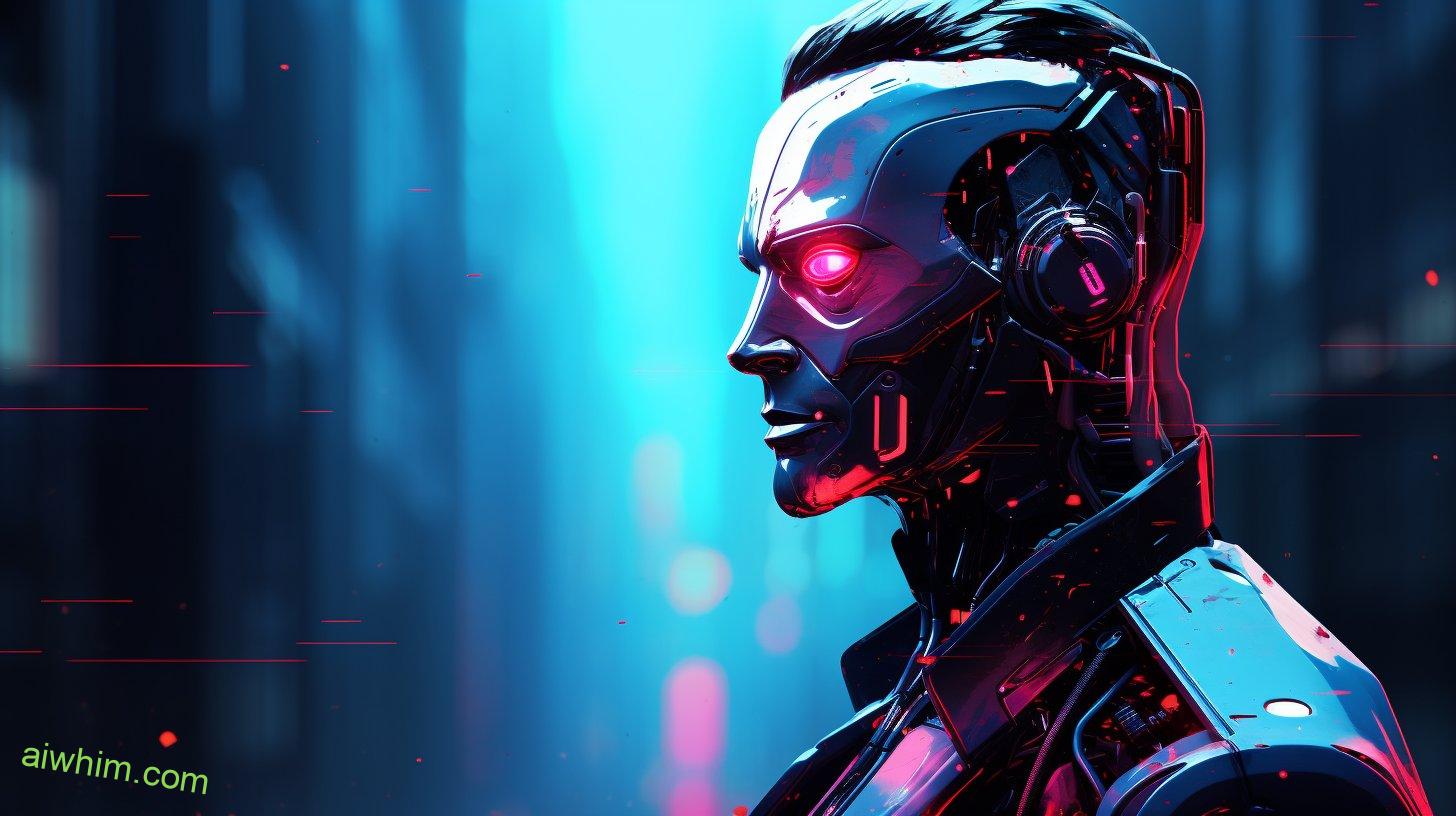
Challenges Faced by Janitors in the Age of AI
The challenges faced by janitors in the age of AI are numerous and require adaptation to new technologies. Automation has the potential to make janitors redundant, leading to concerns about job security and future prospects. However, it is important to note that while AI can replace certain tasks previously performed by janitors, it cannot fully replicate their skills and abilities. As a janitor, you possess unique problem-solving skills, attention to detail, and the ability to adapt quickly to changing circumstances – qualities that cannot be easily replicated by machines.
One challenge you may face is the need to learn how to operate and maintain automated cleaning equipment. With the introduction of AI in the cleaning industry, there will be a shift towards using robotic vacuum cleaners and other smart devices. It is crucial for you to embrace these advancements and become familiar with operating them effectively.
Another challenge lies in finding ways to add value beyond what automation can offer. While machines may handle routine tasks efficiently, there will always be a need for human intervention when it comes to complex or specialized cleaning requirements. By focusing on developing your expertise in areas that require human touch, such as handling delicate surfaces or responding promptly to emergencies, you can position yourself as an indispensable asset in this evolving landscape.
Moreover, it’s essential not only to adapt but also embrace opportunities provided by AI technology. These advancements can enhance your productivity by automating repetitive tasks and freeing up time for more meaningful work. By leveraging AI tools like scheduling software or smart sensors for efficient resource management, you can improve efficiency and job satisfaction.
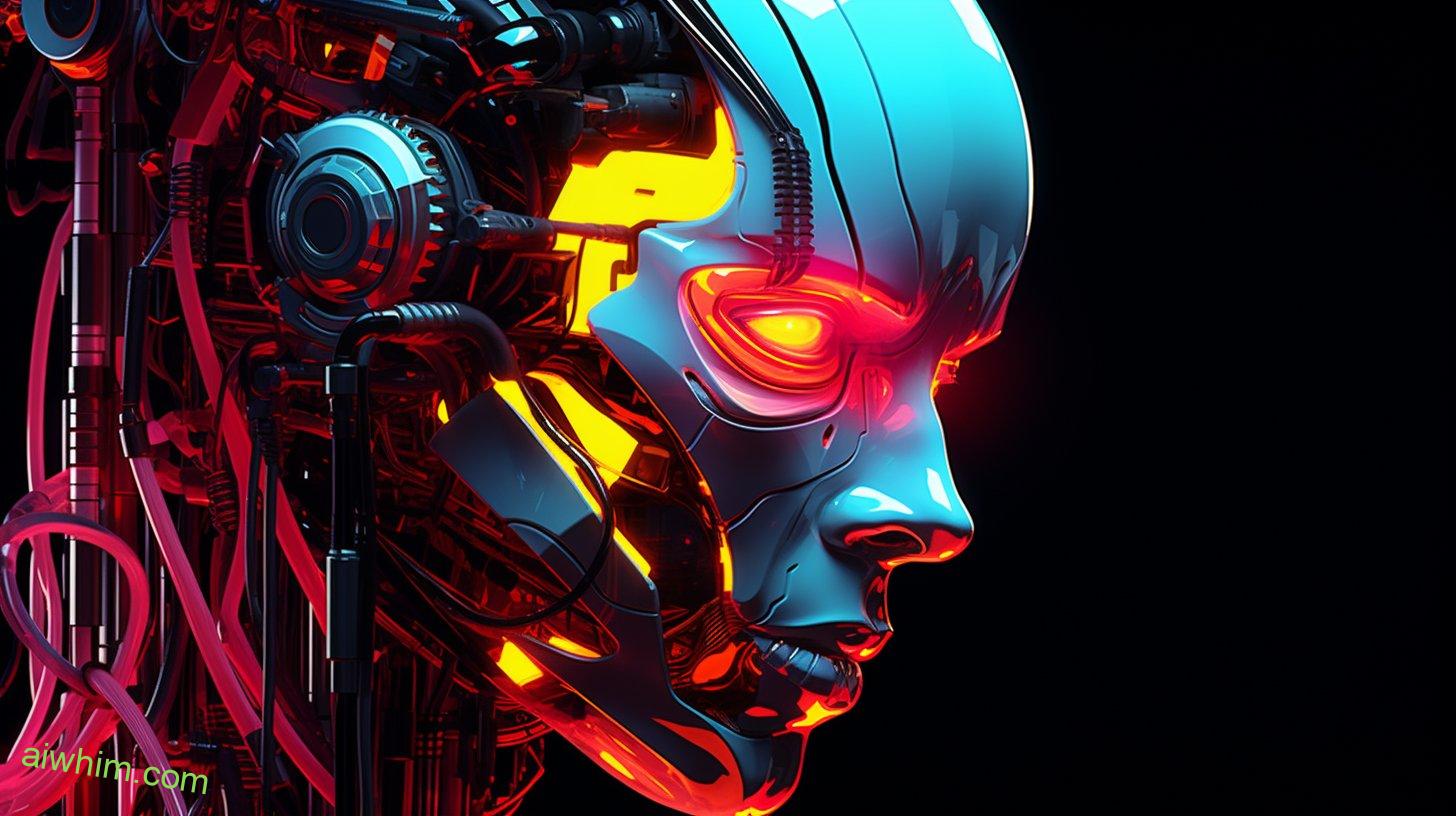
The Future of Janitorial Work With AI
With the advancements in AI technology, you can look forward to a future where your work as a janitor is enhanced and made more efficient. AI has the potential to revolutionize the field of janitorial work, bringing about positive changes that can greatly impact your job satisfaction and potential cost savings.
Here are three ways AI can transform janitorial work:
- Automated Cleaning: AI-powered robots can be programmed to perform routine cleaning tasks, such as vacuuming or mopping floors. These robots have advanced sensors and algorithms that allow them to navigate through different environments efficiently. With automated cleaning, you can focus on more complex and specialized tasks, improving your overall job satisfaction.
- Smart Maintenance: AI systems can analyze data collected from sensors placed in buildings to predict maintenance needs accurately. This predictive maintenance approach helps identify potential issues before they become major problems, saving time and resources. By addressing maintenance needs proactively, you can ensure a cleaner and safer environment while reducing costs for repairs.
- Enhanced Safety: AI technologies like computer vision and machine learning algorithms enable real-time monitoring of safety hazards. Intelligent cameras equipped with these capabilities can detect spills, obstructions, or other dangers in real-time, alerting you immediately. This quick response enhances workplace safety by preventing accidents and injuries.
The integration of AI into janitorial work not only improves efficiency but also allows for better resource allocation. By automating certain tasks and implementing predictive maintenance practices, businesses can potentially save on manpower costs while maintaining high cleanliness standards.
Embracing this technological evolution will empower you with new skills and responsibilities that align with an audience seeking freedom in their work environment. So embrace the future of janitorial work with open arms – it’s a promising path towards enhanced job satisfaction and potential cost savings for both individuals like yourself and businesses alike!

AI-Enabled Cleaning Tools and Equipment
By using AI-enabled cleaning tools and equipment, you can streamline your tasks and improve efficiency. Automation in cleaning processes has revolutionized the way janitors work, allowing for greater freedom and productivity. These advanced tools utilize artificial intelligence to perform various cleaning tasks with precision and accuracy.
One of the key benefits of AI-enabled cleaning tools is their ability to automate repetitive tasks. With the help of intelligent robots, you can easily delegate mundane chores like vacuuming or mopping floors. This not only saves you time but also reduces physical strain, enabling you to focus on more important aspects of your job.
AI technology also enhances the effectiveness of cleaning procedures. Smart sensors integrated into these tools can detect dirt, dust, or spills in real-time, ensuring thorough cleaning without missing any spots. Additionally, machine learning algorithms enable these tools to adapt and optimize their performance based on past experiences, resulting in more efficient and precise cleaning outcomes.
Moreover, AI-enabled cleaning tools offer a host of features that promote safety and hygiene. For instance, some machines are equipped with UV-C lights that kill bacteria and viruses on surfaces effectively. Others have self-cleaning mechanisms that prevent cross-contamination between different areas.
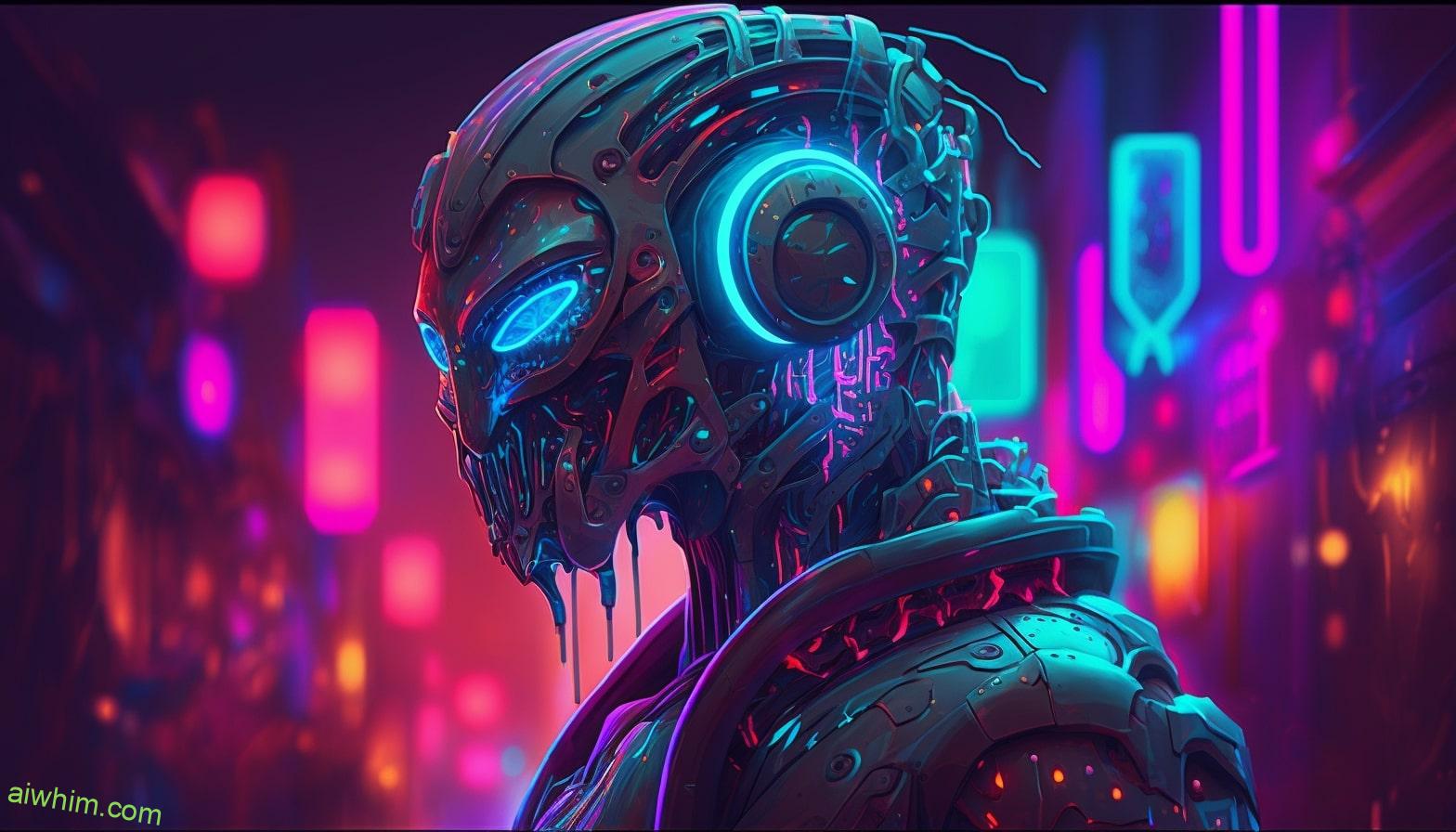
The Efficiency and Effectiveness of AI in Cleaning Processes
AI-enabled cleaning tools have significantly improved the efficiency and effectiveness of cleaning processes. With the advancements in artificial intelligence, cleaning tasks can now be completed faster and with greater precision. Here are a few advantages of AI in cleaning that you should know:
- Increased productivity: AI-powered cleaning tools can perform tasks at a much faster pace than humans, allowing for more work to be done in less time. This means that you can enjoy a cleaner living or working space without having to wait for extended periods.
- Improved accuracy: AI algorithms are designed to analyze data and make informed decisions based on patterns and trends. In the context of cleaning, this means that AI-enabled tools can identify specific areas that require attention and apply the necessary treatments accordingly. This leads to more effective results compared to traditional manual methods.
- Enhanced safety: Cleaning processes often involve handling hazardous substances or working in potentially dangerous environments. By utilizing AI technology, these risks can be minimized as robots or automated systems can take over such tasks, ensuring human operators stay out of harm’s way.
While there are numerous advantages to using AI in cleaning processes, it is essential to consider potential drawbacks as well:
- Initial investment: Implementing AI-enabled cleaning solutions may require significant upfront costs for purchasing equipment and training personnel. However, it’s important to note that these costs may eventually be offset by long-term savings due to increased efficiency.
- Lack of human touch: Some individuals may prefer a more personalized touch when it comes to cleanliness. While AI-driven systems offer precise results, they lack the human element that some people value.
- Maintenance requirements: Like any technological system, AI-enabled cleaning tools require regular maintenance and updates. Failure to properly maintain these systems could lead to decreased performance or even complete breakdowns.
Overall, while there are potential drawbacks associated with using AI in cleaning processes, the benefits far outweigh them. The increased efficiency, accuracy, and safety that AI provides can revolutionize the cleaning industry, ultimately giving you more freedom to focus on other aspects of your life or business.

How AI Could Enhance Safety and Hygiene in Facilities
To enhance safety and hygiene in facilities, you can rely on AI-powered cleaning tools that analyze data and make informed decisions based on patterns and trends. These advanced technologies have revolutionized facility management by streamlining operations and reducing the reliance on human labor.
With AI applications in facility management, the impact of AI on janitorial work is significant.
AI-powered cleaning tools utilize sensors to collect data about the environment, such as foot traffic, temperature, humidity, and air quality. This information is then analyzed to identify areas that require immediate attention or regular maintenance. By constantly monitoring these factors, AI tools can proactively address potential hazards and maintain a clean and safe environment for everyone.
One of the key advantages of using AI in facility management is its ability to detect anomalies or deviations from normal patterns. For example, if there is an increase in bacteria levels or a sudden spike in energy consumption, AI algorithms can quickly pinpoint the source of the problem and alert the appropriate personnel for prompt action. This proactive approach helps prevent accidents or health risks before they escalate.
Furthermore, AI-powered cleaning tools can optimize resource allocation by analyzing usage patterns and adjusting cleaning schedules accordingly. This not only saves time but also reduces unnecessary waste of water, electricity, and cleaning supplies. By automating routine tasks such as floor mopping or trash collection, janitors can focus their efforts on more complex tasks that require human judgment and problem-solving skills.
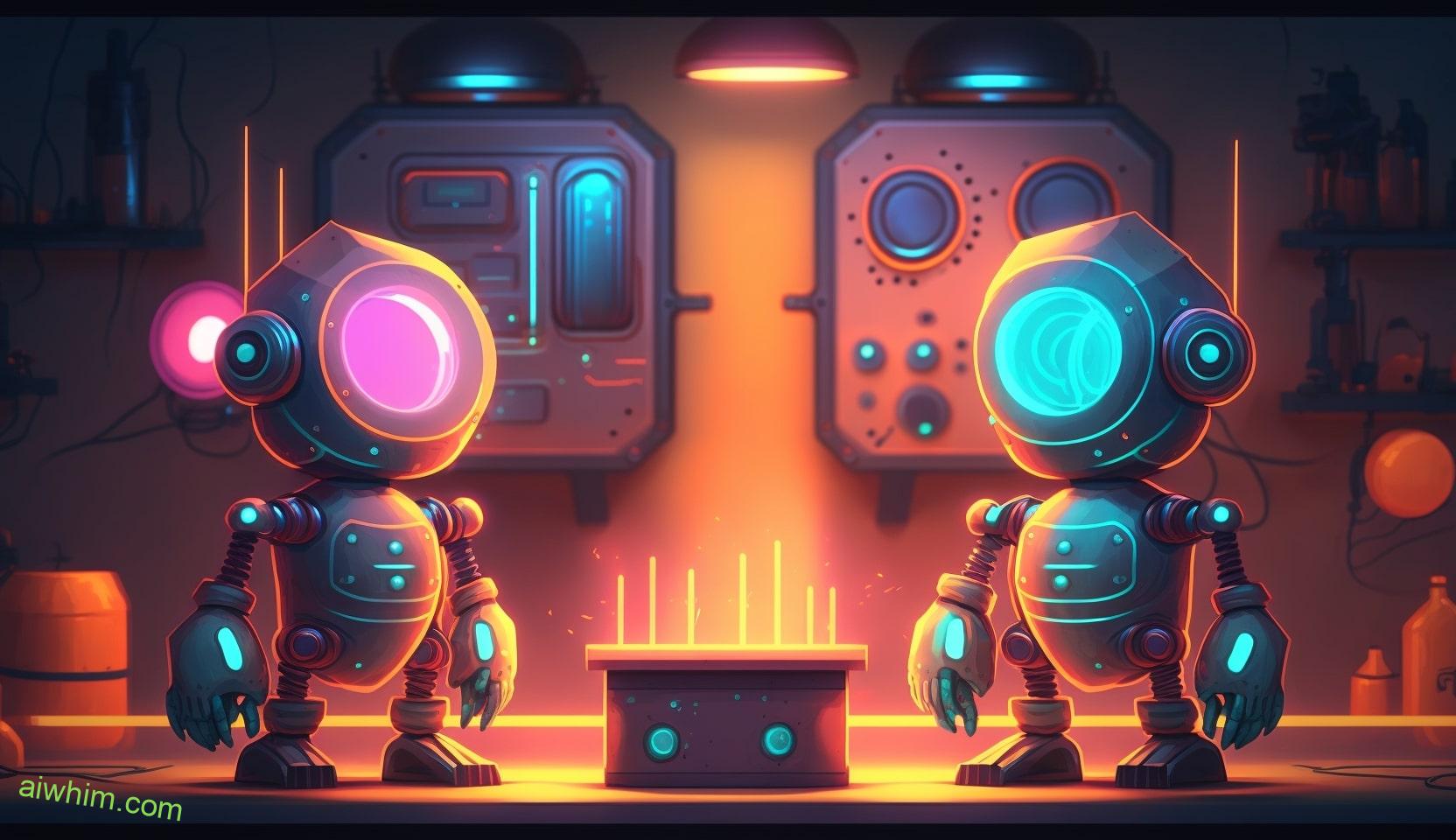
Ethical Considerations of Replacing Janitors With AI
Replacing janitors with AI poses ethical considerations that must be carefully evaluated. As technology continues to advance, the possibility of automated systems taking over manual labor jobs becomes increasingly real. While there are undeniable benefits to utilizing AI in various industries, it is crucial to consider the potential consequences and impacts on individuals and society as a whole.
- Job Displacement: The first ethical consideration revolves around the displacement of human workers. When janitorial tasks are automated, many individuals may find themselves without employment and a means to support themselves and their families. This raises questions about societal responsibility and the obligation to ensure job security for all.
- Human Touch: Janitors not only perform practical cleaning duties but also provide a human touch in facilities. They create connections within communities, offer assistance, and provide a sense of familiarity. Replacing them with AI could result in a loss of this personal connection, impacting the overall well-being and satisfaction of those using these spaces.
- Ethical Responsibility: Ethical considerations extend beyond job displacement and human interaction. It is essential to examine how AI algorithms are developed and implemented in janitorial tasks. Ensuring fairness, transparency, and accountability in these systems will promote trust among users while preventing biases or discriminatory practices from emerging.
As we navigate through advancements in technology, it is imperative to recognize our duty towards fellow humans who may be affected by these changes. Ethical discussions surrounding job displacement due to automation should always prioritize empathy, fairness, and social responsibility. By doing so, we can strive for a future where technological progress coexists harmoniously with societal welfare and freedom for all individuals involved.
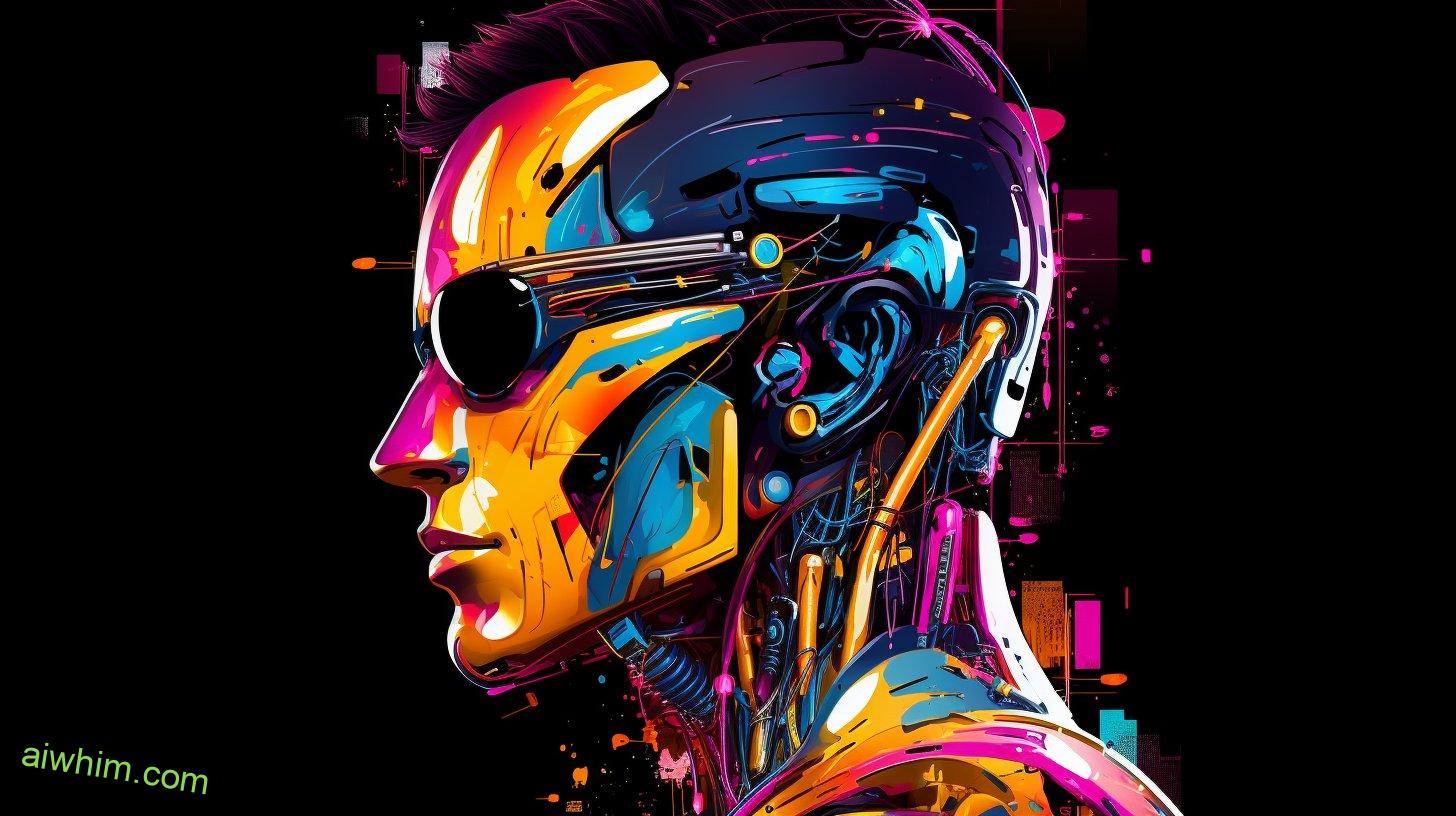
Job Security Concerns for Janitors in the AI Era
Now that we have explored the ethical considerations of replacing janitors with AI, let’s shift our focus to the job security concerns for janitors in the AI era.
You, as someone who values freedom and autonomy, may be wondering about the impact of artificial intelligence on your own livelihood.
The rise of AI technology has undoubtedly led to significant advancements and efficiency in various industries. However, it has also raised concerns about job displacement and its societal impact. Many fear that as AI becomes more sophisticated, it could potentially replace human workers in certain fields, including janitorial work.
Janitors play a vital role in maintaining cleanliness and hygiene in various settings such as offices, schools, hospitals, and public spaces. Their work is not only essential but also provides employment opportunities for many individuals who rely on these jobs to support themselves and their families.
If AI were to make janitors redundant, there would be widespread implications for both individuals affected by job loss and society as a whole. The loss of these jobs could lead to financial instability for many janitors and their families. Additionally, communities may face increased unemployment rates and economic disparities.
It is crucial for society to consider how technological advancements like AI should be integrated responsibly without causing undue harm or creating inequalities. While AI can bring numerous benefits, it is essential to find ways to ensure that no one is left behind during this transformative period.
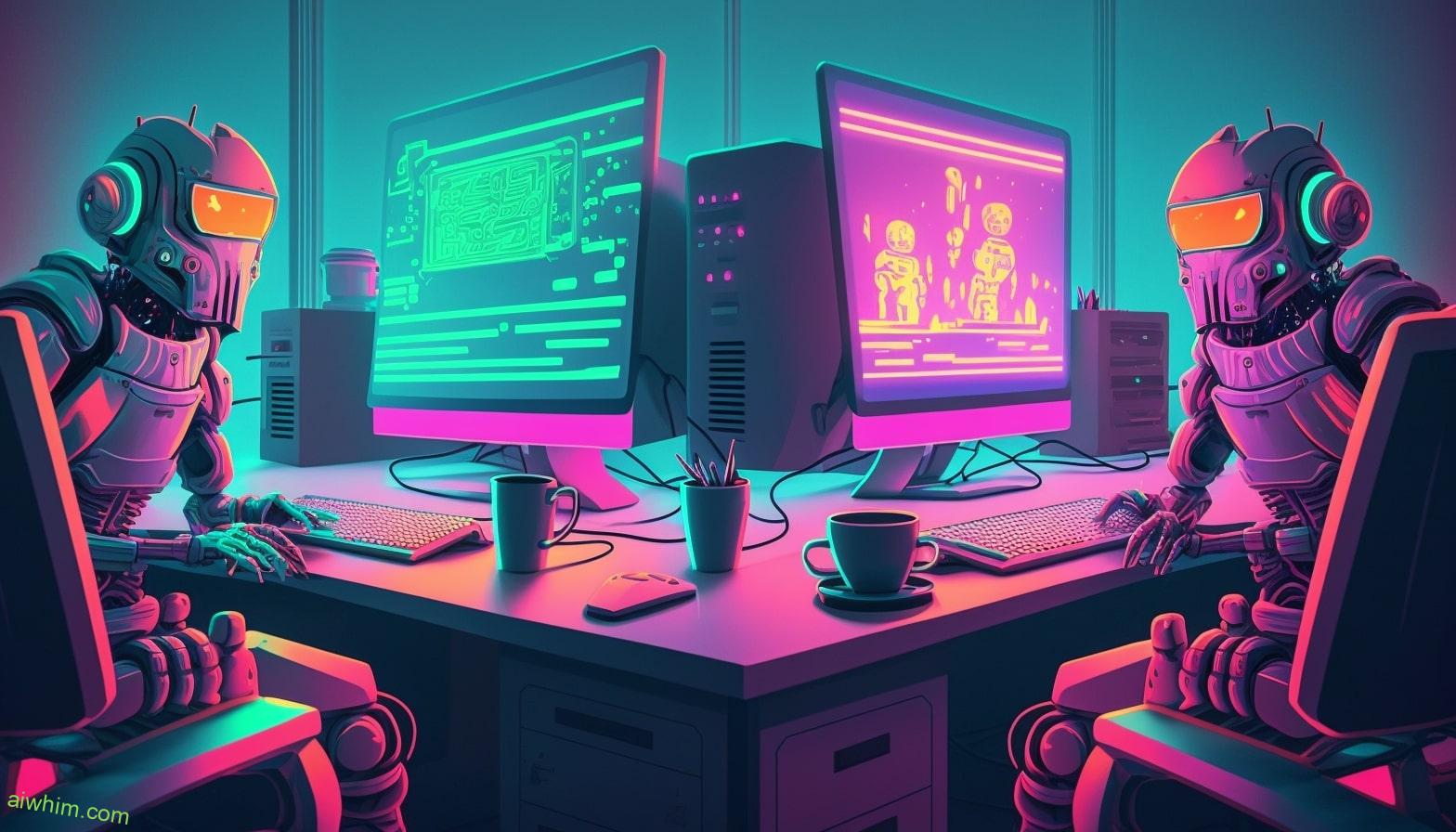
The Role of Human Supervision in AI-Enabled Cleaning Systems
The role of human supervision in AI-enabled cleaning systems is essential to ensure efficiency and maintain quality standards. AI technology has the potential to revolutionize the cleaning industry, but it cannot completely replace human oversight. Here are three reasons why human supervision is crucial:
- Ensuring accuracy: AI-powered cleaning systems rely on algorithms to analyze data and make decisions. However, these algorithms may not always be perfect and can make errors or misinterpret information. Human supervisors can catch these mistakes and provide necessary corrections, ensuring that the cleaning process is accurate and effective.
- Adapting to unexpected situations: Cleaning environments can be complex, with various obstacles and challenges that require adaptability. While AI systems may excel at routine tasks, they may struggle when faced with unforeseen circumstances or unique situations. Human supervisors possess the flexibility and problem-solving skills needed to handle these scenarios, making their presence invaluable.
- Maintaining a personal touch: Cleaning is more than just tidying up a space; it also involves creating a welcoming environment for people. Human cleaners have the ability to interact with customers or occupants on a personal level, providing a sense of care and attention that an AI system simply cannot replicate.
By incorporating human oversight into AI-enabled cleaning systems, we can harness the advantages of automation while preserving job opportunities for workers in this field. Rather than replacing labor entirely, AI technology should be seen as a tool to enhance productivity and streamline processes. This approach ensures efficiency without compromising human connection or impacting labor negatively.
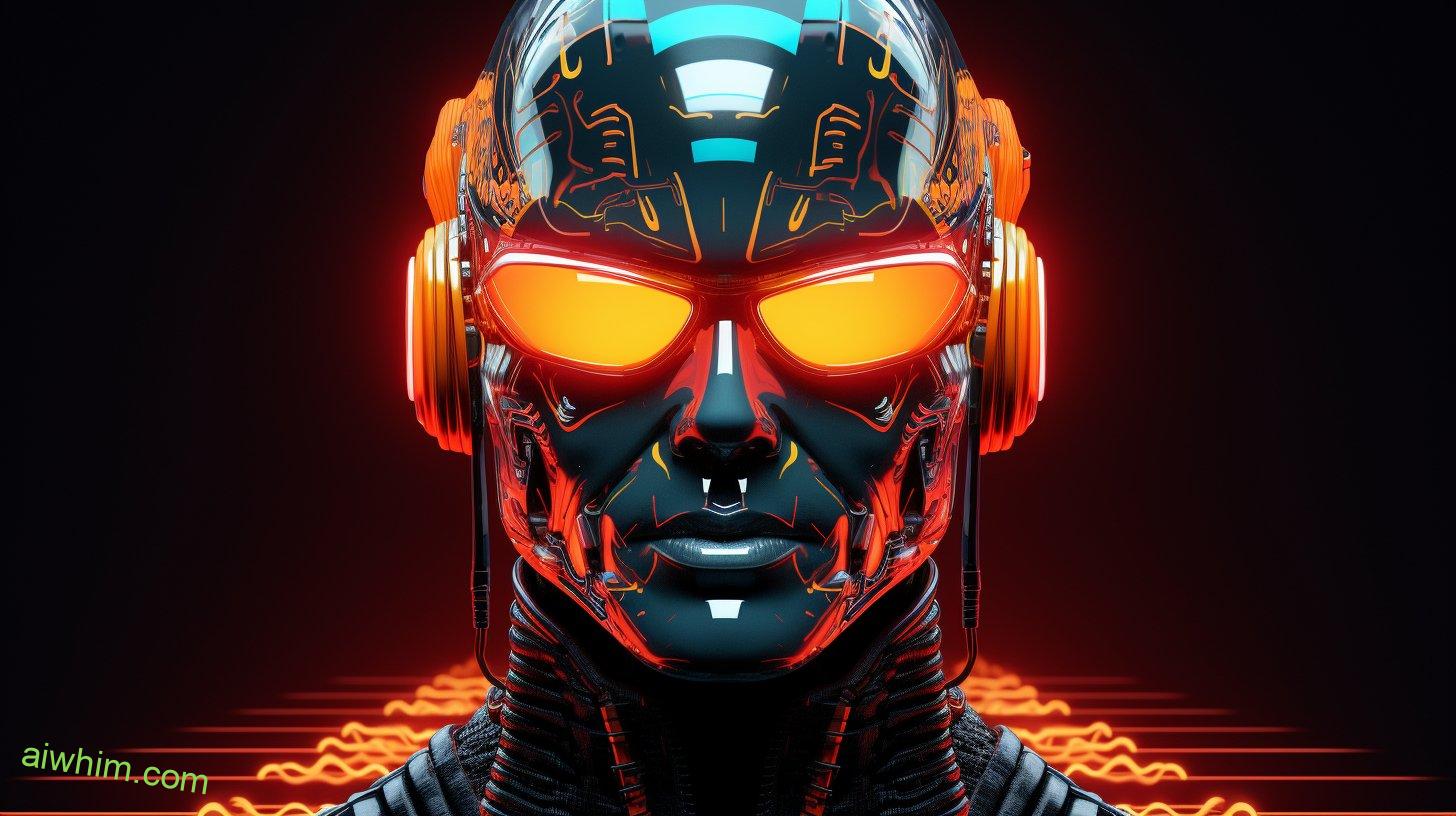
Training and Skill Development for Janitors in a Technological Landscape
To excel in a technological landscape, you need to prioritize training and skill development as a janitor. In today’s fast-paced world, technology is constantly evolving, and it is crucial for you to stay up-to-date with the latest advancements in your field. Fortunately, there are numerous training programs available that can help you acquire new skills and enhance your existing ones.
By participating in these training programs, you will not only improve your job performance but also increase your chances of securing better job opportunities. Employers value employees who are proactive in their professional development and possess a diverse range of skills. With the rapid advancement of technology, many traditional cleaning tasks are being automated. However, this does not mean that janitors will become redundant; instead, it opens up new avenues for growth and specialization.
Training programs can equip you with the necessary knowledge and expertise to work alongside AI-enabled cleaning systems. These programs focus on teaching you how to operate and maintain advanced cleaning equipment effectively. Additionally, they provide insights into emerging technologies such as robotics and artificial intelligence that are increasingly being integrated into the cleaning industry.
As a result of these training programs, job opportunities for skilled janitors have expanded beyond traditional settings like schools or office buildings. Industries such as healthcare facilities, manufacturing plants, and hospitality sectors now require janitors with specialized skills to manage technologically advanced cleaning systems.
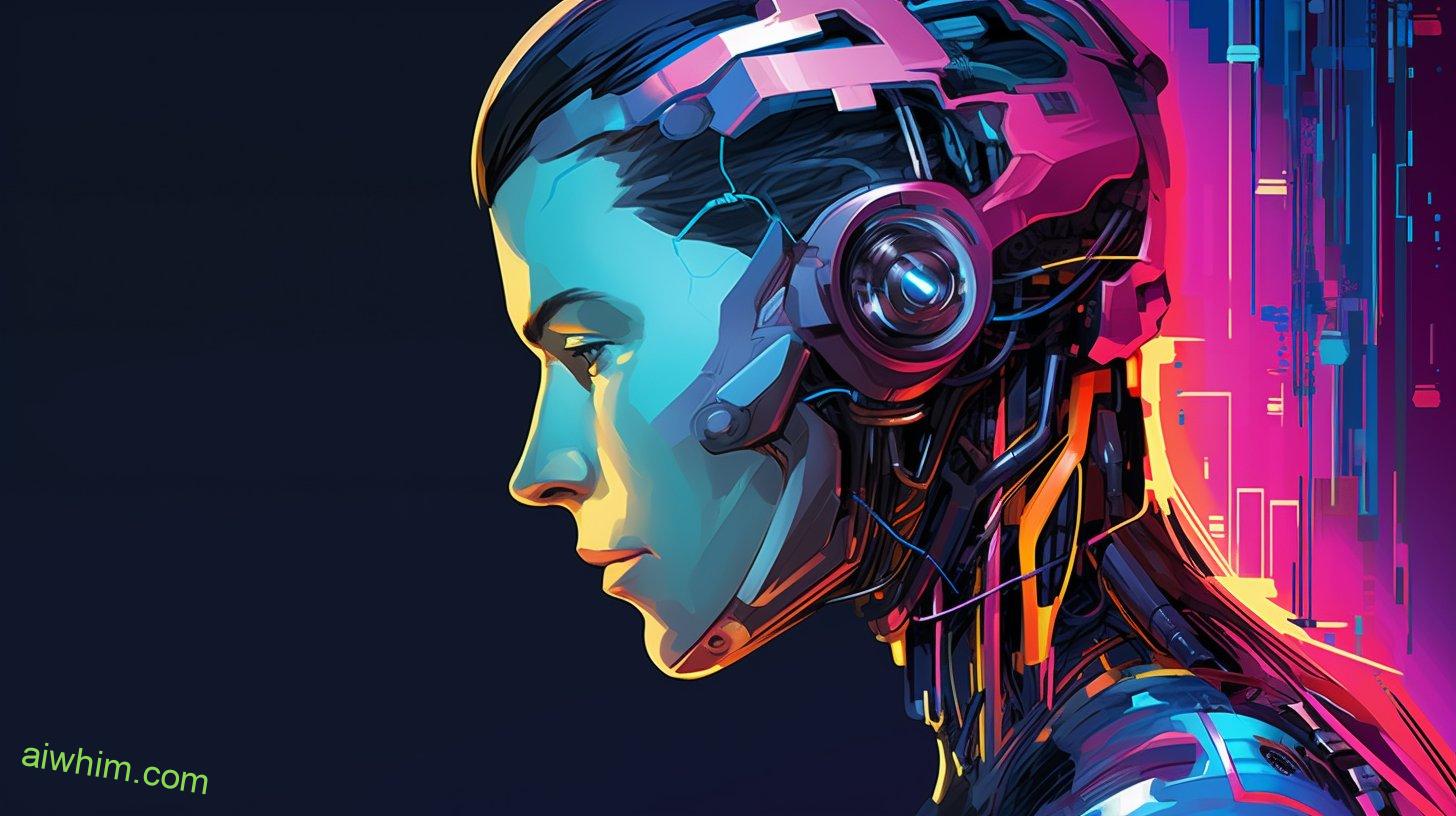
The Economic Implications of AI in Janitorial Services
By embracing AI technology, you can enhance your efficiency and effectiveness in providing cleaning services, leading to potential economic benefits. AI has the ability to revolutionize janitorial services in several ways:
- Streamlined operations: With AI-powered robots and machines, you can automate repetitive tasks such as vacuuming and mopping. This allows you to focus on more specialized cleaning tasks that require human touch, improving overall productivity.
- Improved accuracy: AI technology can analyze data from sensors and cameras to detect areas that need cleaning or maintenance. By utilizing this information, you can address issues promptly and ensure a higher standard of cleanliness for your clients.
- Cost savings: Adopting AI technology reduces the need for manual labor, resulting in decreased labor costs. Additionally, AI-powered equipment tends to be more energy-efficient and less prone to errors, minimizing operational expenses.
While there are concerns about job displacement due to the rise of AI in janitorial services, it is important to note that these technologies should be seen as tools rather than replacements for human workers. The economic impact of embracing AI lies not only in cost savings but also in creating new opportunities within the industry.
As janitors embrace AI technology, they can upskill themselves by learning how to operate and maintain these advanced systems. This will allow them to become more valuable assets within their organizations and potentially lead to higher-paying positions.
Ultimately, while some roles may evolve or change with the integration of AI technology, there will always be a demand for skilled janitors who understand the nuances of maintaining cleanliness and hygiene. By leveraging the power of AI alongside your expertise, you can navigate this technological shift successfully and continue thriving in the evolving landscape of janitorial services.
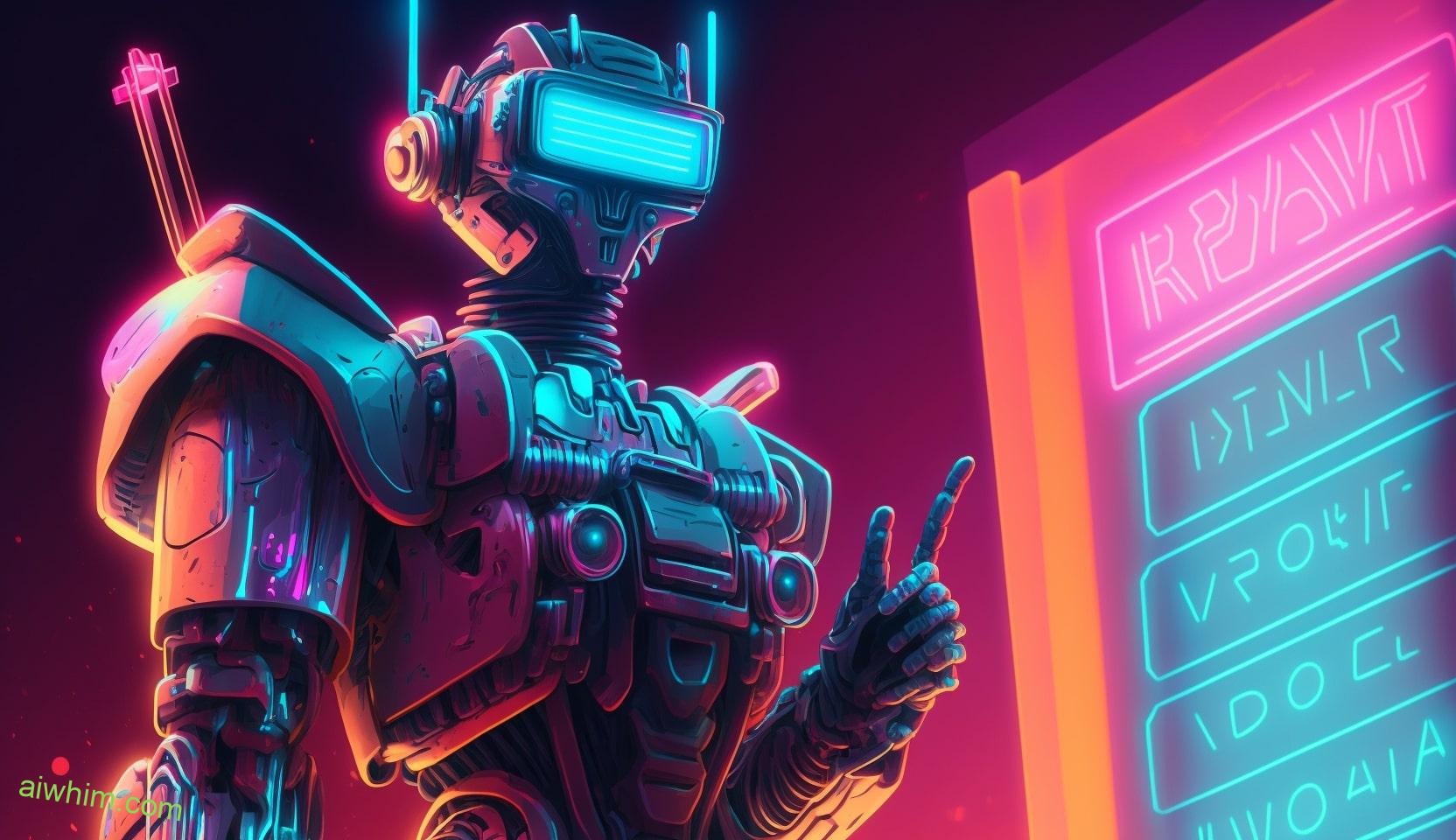
Balancing AI and Human Touch in Maintaining Cleanliness
Maintaining cleanliness in the evolving landscape of janitorial services requires finding a balance between AI technology and the human touch. In this age of automation, it’s natural to wonder if robots could make janitors redundant. However, the truth is that while AI can certainly assist in cleaning tasks, there will always be a need for human involvement.
Balancing automation and human involvement is key to achieving optimal cleanliness. AI-powered machines can efficiently handle repetitive and time-consuming tasks like vacuuming or mopping floors. They can work tirelessly without breaks or exhaustion, ensuring consistent cleanliness throughout the day. But relying solely on automation would mean losing the personal touch that humans bring to their work.
Imagine walking into a spotless office where everything looks pristine but lacks warmth and character. It’s the small details that make a space truly inviting – fresh flowers arranged neatly on tables, surfaces polished with care, and personalized touches that show someone has taken thoughtfulness into consideration.
Humans excel at these aspects of cleaning because we understand the importance of making places not just clean but also welcoming. We notice when something needs attention beyond what an automated system might detect, such as removing stains from carpets or addressing specific customer requests.
The future of janitorial services lies in striking a balance between AI technology and human involvement. By letting machines handle repetitive tasks, we free up time for janitors to focus on adding those special touches that create comfortable environments tailored to individual needs. Remember, maintaining cleanliness isn’t just about eliminating dirt; it’s about creating spaces where people feel cared for and valued.
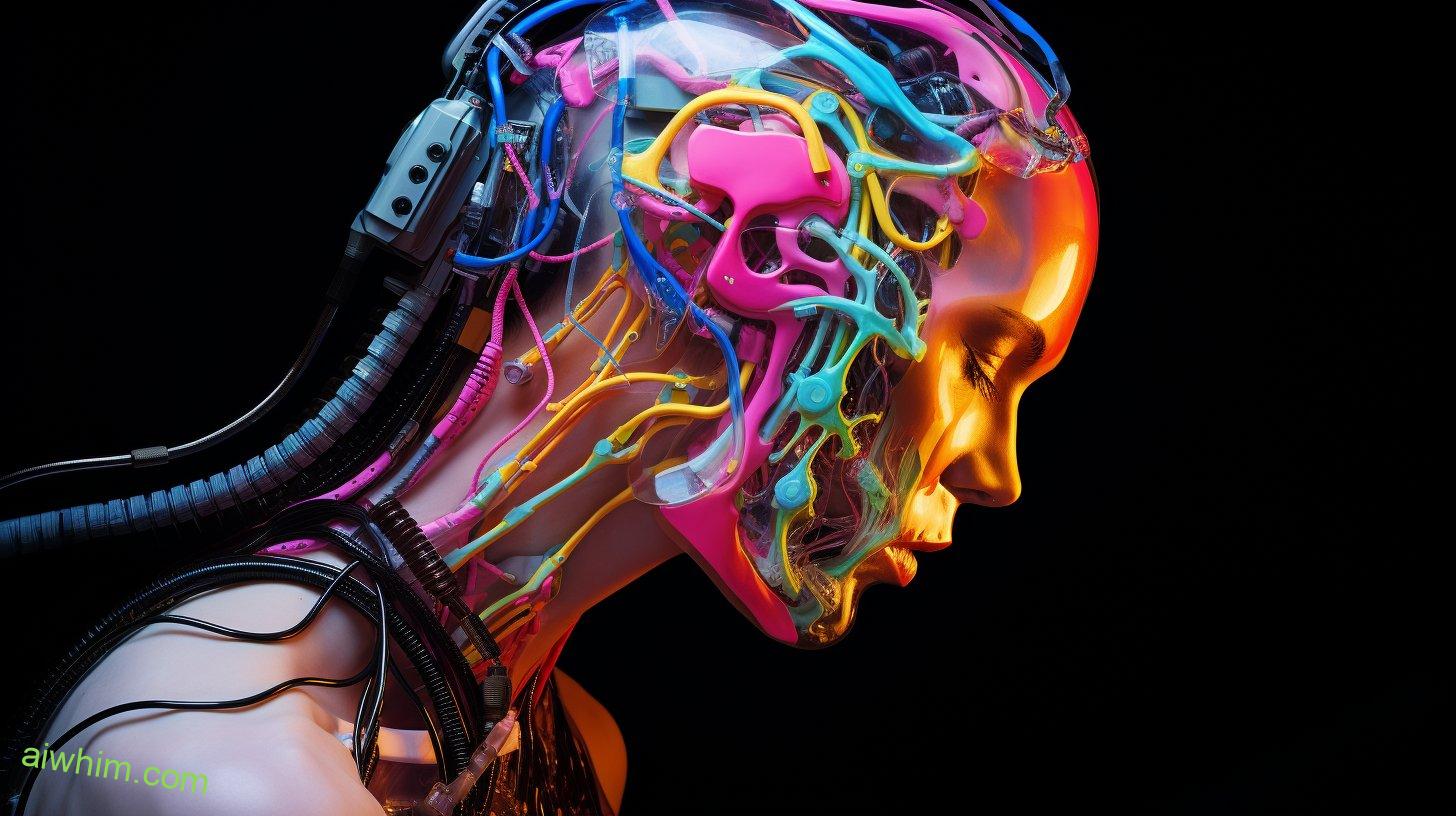
Frequently Asked Questions
How Does the Role of Janitors in the Workforce Contribute to the Overall Functioning of a Facility?
Janitors play a crucial role in the overall functioning of a facility. Their services are important for maintaining cleanliness and hygiene, ensuring a safe environment, and creating a pleasant atmosphere for everyone.
What Are the Potential Challenges Faced by Janitors in the Age of AI and Automation?
Challenges faced by janitors in the age of AI and automation include potential job loss and adapting to new technology. The impact may result in less demand for traditional janitorial tasks, requiring a shift in skills.
What Are the Economic Implications of Implementing AI in Janitorial Services?
Implementing AI in janitorial services could have significant economic implications. While some may fear job displacement, the increased efficiency and cost savings can create new opportunities and enhance overall productivity.
How Can AI-Enabled Cleaning Tools and Equipment Enhance the Efficiency and Effectiveness of Cleaning Processes?
AI-enabled cleaning tools and equipment can enhance the efficiency and effectiveness of cleaning processes. With automation, tasks can be completed faster, freeing up time for more important responsibilities.
What Are the Ethical Considerations Associated With Replacing Janitors With AI Technology?
Ethical implications and social impact must be considered when replacing janitors with AI technology. It raises questions about job security, income inequality, and the human connection that janitors provide in certain settings.
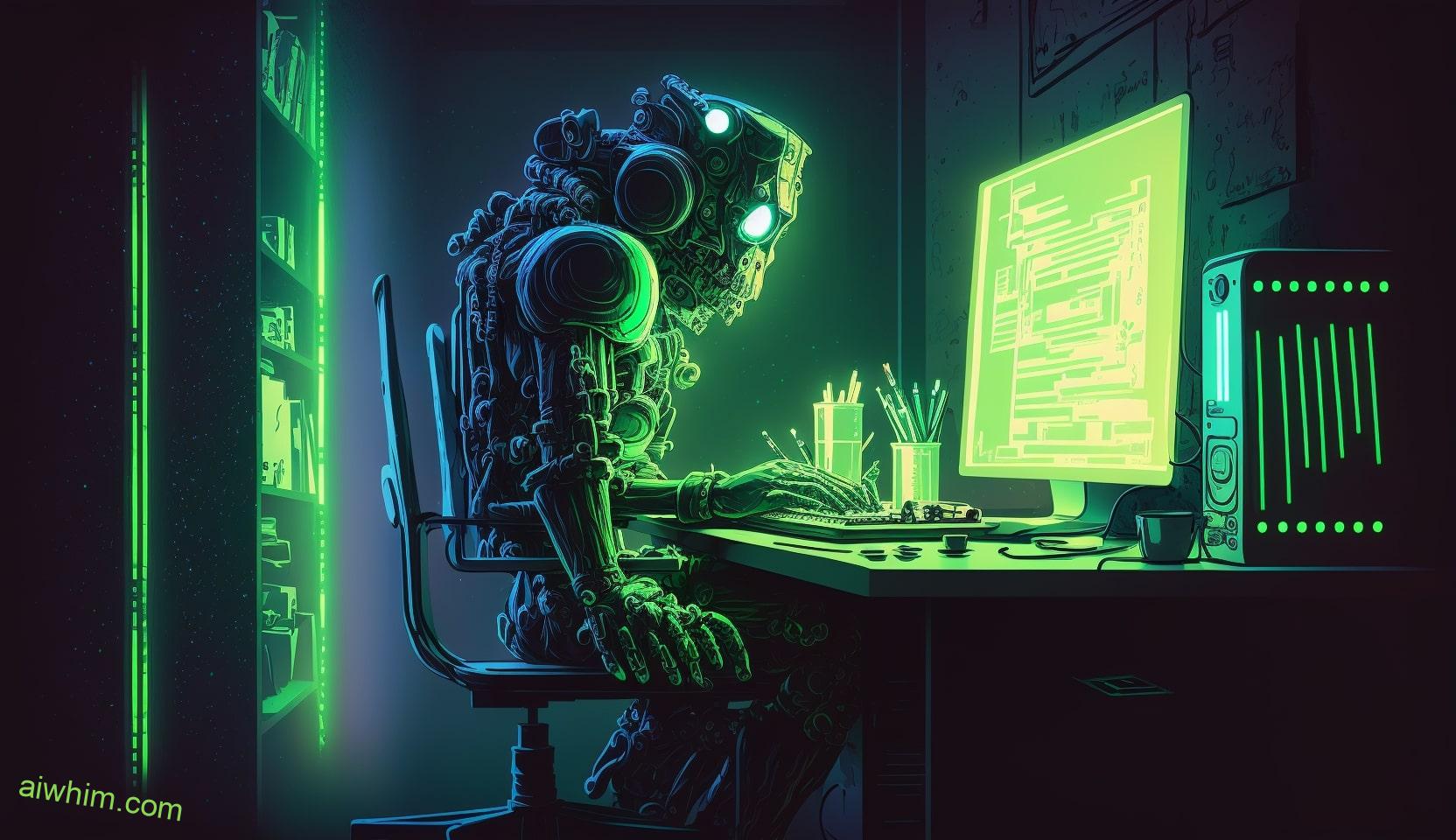
Conclusion
In conclusion, while AI has the potential to revolutionize the cleaning industry, it cannot completely replace janitors.
The human touch and attention to detail that janitors bring is irreplaceable. Janitors are the unsung heroes who ensure cleanliness with care and dedication.
Although AI can assist in mundane tasks, janitors will always be needed for complex cleaning challenges.
So let’s celebrate their skills, as they continue to shine and sweep away our worries, making our spaces spotless!


